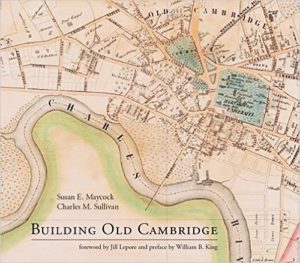All writers are probably in some way dependent on the work of other writers, either for style, subject-matter expertise, technique, and so on. Nonfiction writers are dependent on others in a far more obvious way. We often quote other writers, use their research, or otherwise turn to them for information and background about our own subjects.
I am sometimes awed by the amount of work that some writers have given to their topics. Studies that took years to complete or assessments and surveys are so helpful, and yet are so time-consuming for the author(s). Even gathering data and going through it just to draw out statistics or numbers can take days or weeks, and I appreciate the dedication it takes to do it. We all know to give attribution for the information we take from others–with great gratitude–but it’s even better to be the giver.
Seeing your own work cited in someone else’s manuscript is a thrill. For one thing, you know someone has actually read what you’ve written, plus you know he or she thought it was important enough to use. What a compliment! I hope everyone can have that thrill; it’s a great reminder that all that effort is worth it.










